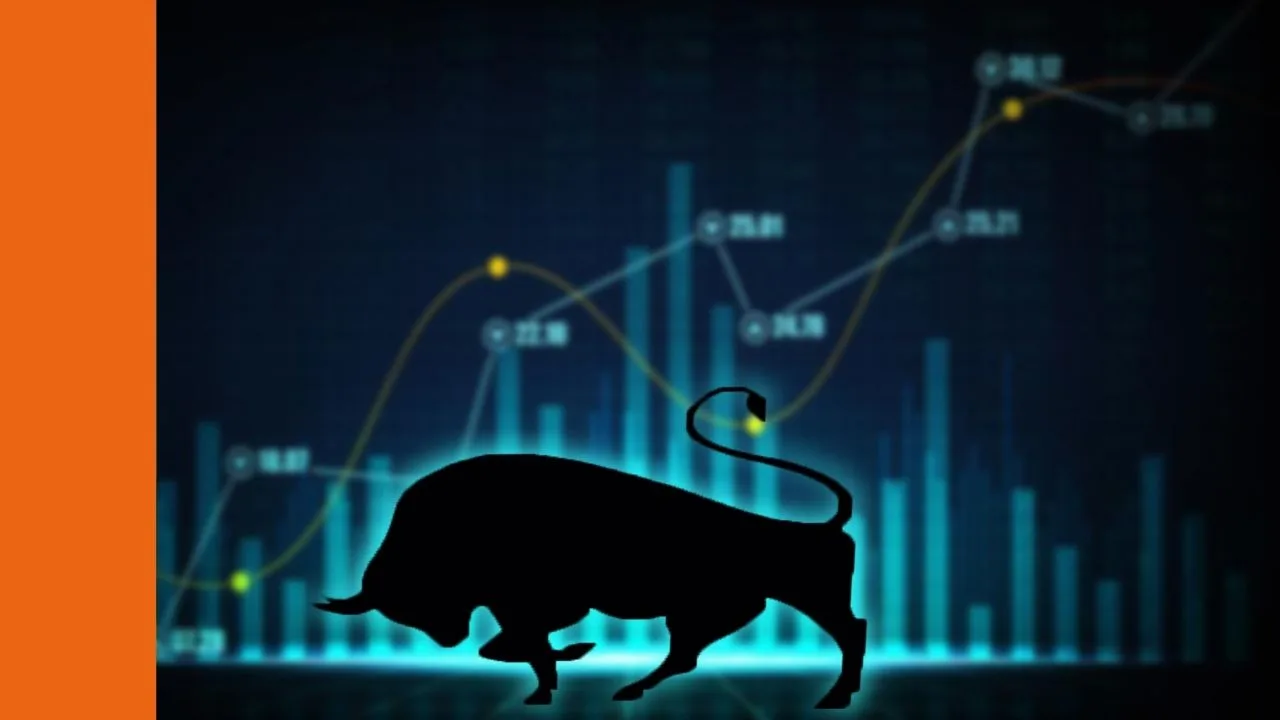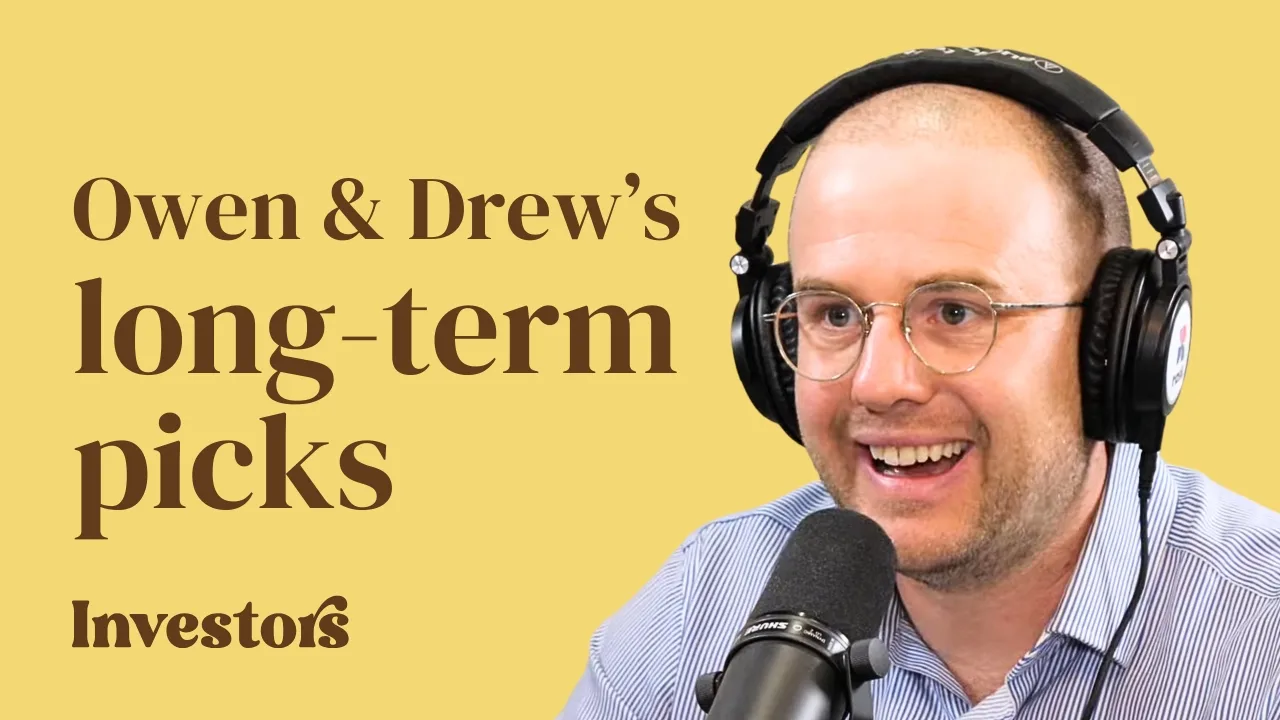If you’re looking for growth shares to add to your portfolio but you’re not comfortable picking individual shares, these three ETFs could work for you.
About ETFs
Exchange traded funds, or ETFs, are investment funds that are listed on a securities exchange. They can be managed funds or index funds, or in other words, active or passive, and the fees are usually lower than an unlisted investment fund.
To learn more about ETFs, check out the Rask Finance video below.
Typically, ETFs give an investor exposure to many different shares or assets with a single purchase, offering one of the quickest and easiest methods of achieving diversification.
You can find ETFs for different asset classes like shares, bonds, property, commodities or fixed interest. In June, the total value of ASX ETFs reached $50 billion. The Best ETFs Australia website provides a list of all ASX ETFs.
BetaShares Robotics and AI
The BetaShares Global Robotics and Artificial Intelligence ETF (ASX: RBTZ) is an ASX ETF that provides exposure to some of the leading robots and AI companies around the world.
These are two industries that have been thriving lately and the growth potential over the coming years looks high.
The ETF is most heavily invested in Japan, around 49.5%, followed by the US at 29.8%. The largest holding is Nvidia Corporation (NASDAQ: NVDA).
Management costs are somewhat higher than a lot of other ETFs at 0.57% per year, but shares are up 23.76% over the last six months and have outperformed the benchmark index.
iShares Global 100 ETF
The iShares Global 100 ETF (ASX: IOO) is another option for global growth. With a management fee of 0.4% per year, the ETF has delivered a return of 14.44% over the last 12 months and 11.54% per year over the last ten years.
That’s an impressive long-term growth record, although keep in mind that is the performance during the bull market. Since inception in December 2000, the IOO ETF has returned around 2.52% per year, so it seems heavily exposed to downturns in stockmarkets.
Approximately 65% of the ETF is invested in the US and the largest holding is Microsoft Corporation (NASDAQ: MSFT).
Vanguard Diversified High Growth Index ETF
The Vanguard Diversified High Growth Index ETF (ASX: VDHG) has the lowest management fee of the three funds at 0.27% per year.
Year-to-date, the shares are up 16.51% and they’re up 9.6% over the last 12 months. The VDHG ETF gives the investor exposure to a range of Vanguard wholesale funds, making it easier to invest in these unlisted funds.
The VDHG ETF covers Australian shares, international shares, global bonds, emerging markets and Australian fixed interest, providing the investor with a significant diversification benefit.
Summary
Both the BetaShares and Vanguard funds are relatively new, so it remains to be seen how they perform over the long term. However, the iShares ETF should serve as a warning that these types of ETFs can provide high growth in bull markets, but they can also fall steeply in bear markets.
Before investing, I would carefully consider what sort of weighting is appropriate for a high-growth ETF and how it may react to a market downturn.
For our number one ASX ETF idea, have a read of the free report below.
[ls_content_block id=”14948″ para=”paragraphs”]
Disclosure: At the time of writing, Max does not own shares in any of the companies mentioned.







